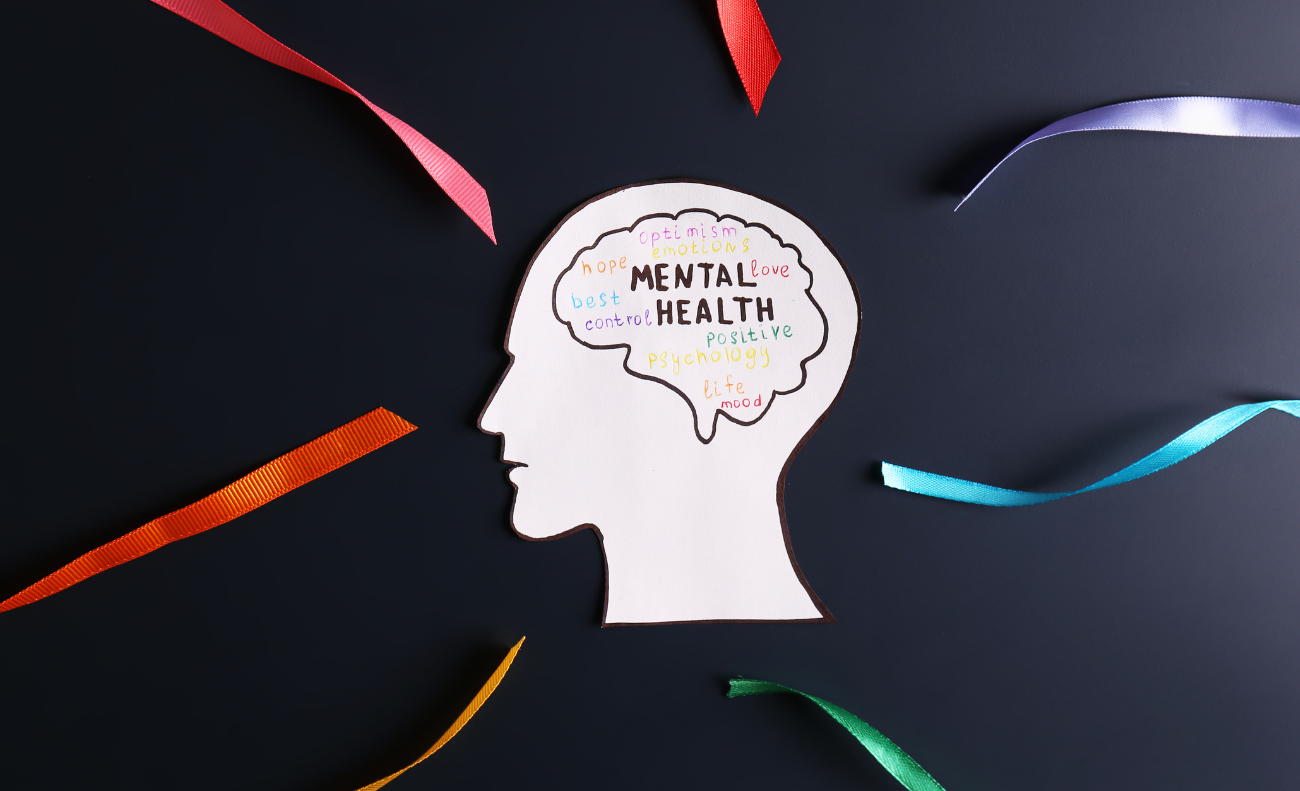The number of Ontario schools with no access to a psychologist has nearly quadrupled over the last decade — a hallmark of a system “under extreme stress,” according to a report published Monday by Toronto-based non-profit People for Education.
That comes as young Canadians report decreasing mental health, trapping overworked educators in a “downward loop” as they deal with the rippling consequences of COVID-19, according to the research.
According to a poll of principals at over a thousand elementary and secondary schools across the province, 91% of schools require mental health services from psychologists, social workers, or other professionals.
In 2011, just 14% of elementary schools reported not having access to a psychologist. But, by 2022, that proportion had risen to 28%, according to the analysis.
Throughout the same time span, the share of secondary schools without psychological services nearly doubled. Yet, just 9% of Ontario schools have regular access to other types of mental health professionals. Around 46% of schools reported having no access at all.
According to the People for Education research, schools in central, southwestern, and northern Ontario had much lower levels of regular, in-person access to psychologists or social workers than schools in the GTA.
Data from around the country show that young people’s mental health is deteriorating. According to Statistics Canada, nearly three-quarters of children aged 12 to 17 described their mental health as good or exceptional three years ago. Last year, that figure had fallen to 61%.
According to the People for Education research, these rising issues are exacerbated by burnout and increased stress among education professionals, resulting in a “downward cycle” of greater absenteeism and more strain on remaining personnel.
The long-term impact of inadequate mental health services on young people is widely documented: the World Health Organization emphasises that support gaps can impede young people’s physical and mental well-being into adulthood, diminishing their capacity to “lead happy lives.”

